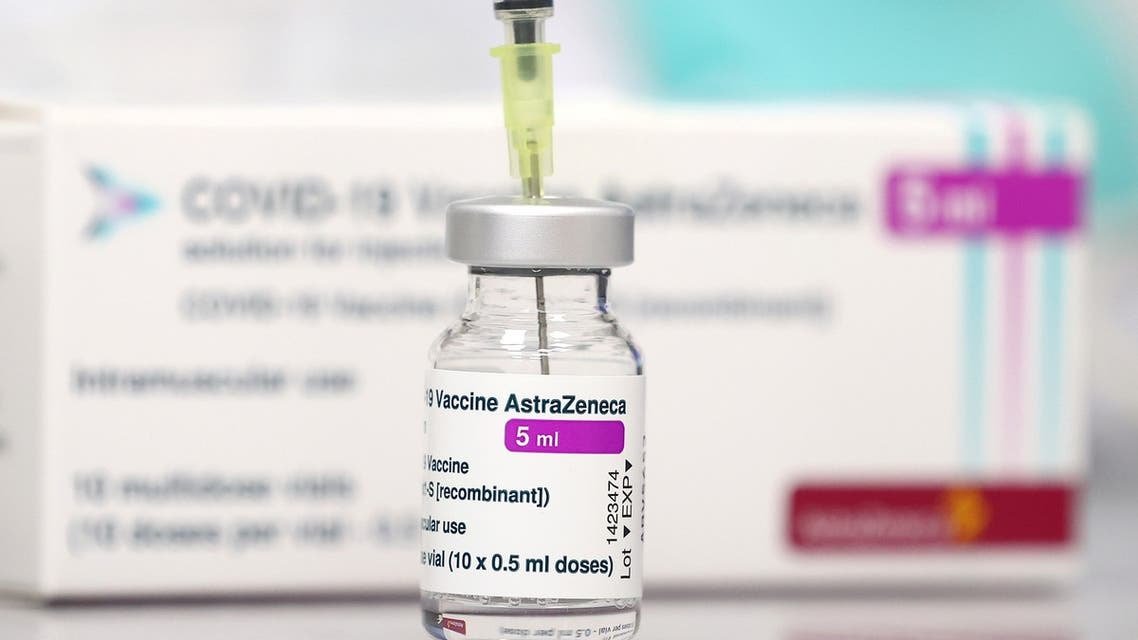AstraZeneca likely linked to three more cases of blood-clots in Australia
Three newly reported cases of blood clotting are likely linked to the AstraZeneca coronavirus vaccine, the Therapeutic Goods Administration has said.
The TGA convened the Vaccine Safety Investigation Group (VSIG) to review the cases of suspected thrombosis with thrombocytopenia syndrome (TTS).
All three cases were likely linked to vaccination, VSIG said.
The three patients are clinically stable, have responded to treatment and are recovering.
The cases were a 35-year-old NSW woman, a 49-year-old Queensland man and an 80-year-old Victorian man.
The symptoms presented between nine and 26 days after they received a vaccination jab.
TTS is rare and occurs when a person has blood clots as well as low blood platelet counts.
The new cases take the total number of Australians to report TTS after the AstraZeneca jab to six.
Five of those cases are aged in people under 50. They had the vaccine before the Federal Government announced Pfizer as the preferred vaccine for those aged under 50.
As of April 22, there have been about 1.1 million doses of AstraZeneca COVID-19 vaccine administered in Australia.
People who have received COVID-19 vaccines should be aware of the common side effects, which include fever, sore muscles, tiredness and headache.
These usually start within 24 hours of vaccination and last for 1-2 days. These side effects are expected and are not of concern unless severe or persistent.
The reports of these rare clotting complications have occurred later (usually between day foiur and 20 after vaccination) and have generally been severe, requiring hospitalisation.
Consumers should seek immediate medical attention if, a few days after vaccination, they develop symptoms such as:
- as a severe or persistent headache or blurred vision
- shortness of breath, chest pain, leg swelling or persistent abdominal pain
- unusual skin bruising and/or pinpoint round spots beyond the site of injection








